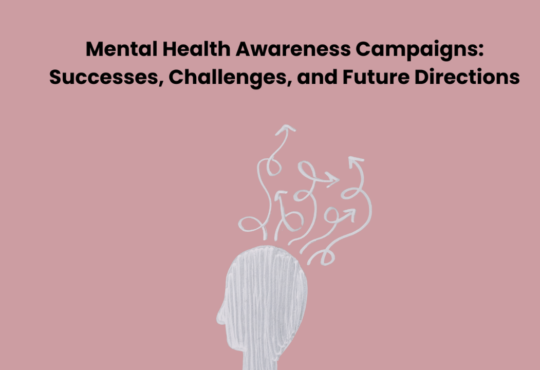The story of human growth and development is an intimate narrative of the interplay between nutrition, genetics, and the environment. At the heart of this narrative lies the critical period of infancy, when the right food can sow seeds for a lifetime of robust mental and physical health. In the modern world, different organic food like organic infant snacks has emerged as a promising approach to infant nutrition, offering a cornucopia of benefits that extend beyond fundamental growth. With the potential to boost the infant’s cognitive function and overall development, this natural nutrition alternative seems more than a mere trend.
A Wealth of Essential Nutrients:
Organic food is often rich in essential nutrients, vitamins, and vital minerals required for the healthy growth of your infant. The organic fruits, vegetables, and grains you feed your child are typically devoid of synthetic fertilizers and pesticides, thereby retaining more of their nutritional content. They are powerhouses of nutrients like iron, calcium, and vitamins crucial for the infant’s physical growth and brain development.
Promotion of a Healthy Digestive System:
An infant’s digestive system is more sensitive compared to an adult’s. Free from artificial additives and preservatives, organic foods are gentler on your baby’s stomach. They help foster a healthy gut, promoting the absorption of essential nutrients and reducing the risk of digestion-related issues such as colic, constipation, and diarrhea.
Reduced Exposure to Harmful Chemicals:
Opting for organic food reduces your infant’s exposure to harmful synthetic pesticides, hormones, and antibiotics frequently found in non-organic produce and meat. These substances can interfere with your child’s endocrine system, hampering their physical and neurological development.
Strengthening of the Immune System:
Organic foods contain higher levels of certain antioxidants, boosting your infant’s immune system. With a more robust immune system, your child can ward off infections and diseases more effectively, promoting robust physical growth and reducing the risk of developmental delays. In addition to bolstering the immune system, the higher antioxidant content in organic foods has been linked to reduced inflammation in infants, supporting overall health and well-being. Incorporating organic fruits and vegetables into your baby’s diet provides them with a natural defense mechanism against oxidative stress and potential health complications.
Enhanced Brain Development:
Some studies suggest that certain organic foods, mainly those rich in omega-3 fatty acids, contribute to cognitive development in infants. Foods such as organic eggs and flaxseeds provide these vital fats, which play a significant role in developing your baby’s brain and eyes. Consuming organic sources of omega-3 fatty acids has been linked to improved cognitive function and visual acuity in infants. Incorporating foods like organic salmon and chia seeds into their diet can support the healthy growth of your baby’s brain and eyes.
Fostering a Taste for Healthy Food:
Introducing your infant to organic food from an early age can help instill a preference for the rich, natural flavors of fruits, vegetables, and whole grains. This can pave the way for lifelong healthy eating habits, supporting mental and physical well-being throughout their lives.
Supporting the Environment:
Choosing organic food not only benefits your child’s growth but also helps create a healthier environment for them to grow up in. Organic farming practices enhance soil fertility, reduce pollution, and foster biodiversity, thereby contributing to a sustainable future for the next generation. Additionally, opting for organic food promotes the avoidance of synthetic pesticides and genetically modified organisms or GMOs, reducing potential health risks for your child. By supporting organic agriculture, you are nurturing a safer and more natural food system supporting long-term well-being for your child and the planet.
Ensuring Food Safety:
Organic certification standards are stringent, ensuring your infant’s food is free from genetically modified organisms, irradiation, and sewage sludge. This rigorous process safeguards your baby’s food, offering you peace of mind about its quality and safety. Furthermore, organic certification requires regular inspections and traceability, guaranteeing transparency in the production and handling of the food your child consumes. This scrutiny ensures that every step of the organic supply chain meets the highest standards, providing you with confidence in the integrity of your baby’s nourishment.
Conclusion:
In the grand orchestra of infant growth and development, nutrition is an eloquent conductor, synchronizing various aspects of health to create a symphony of well-being. Embracing organic food like organic infant snacks for your infant’s diet can be a transformative step, nurturing their mental and physical development with the natural goodness of earth’s bounty. However, it’s important to remember that every child is unique and dietary needs may vary. Therefore, consulting a pediatric nutrition expert can help you tailor an organic diet that best suits your child’s needs.








